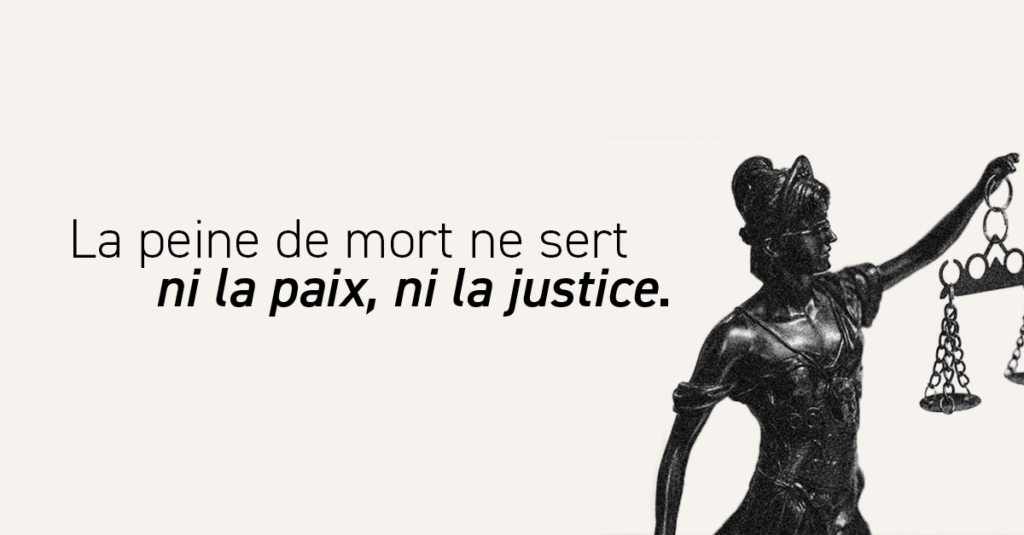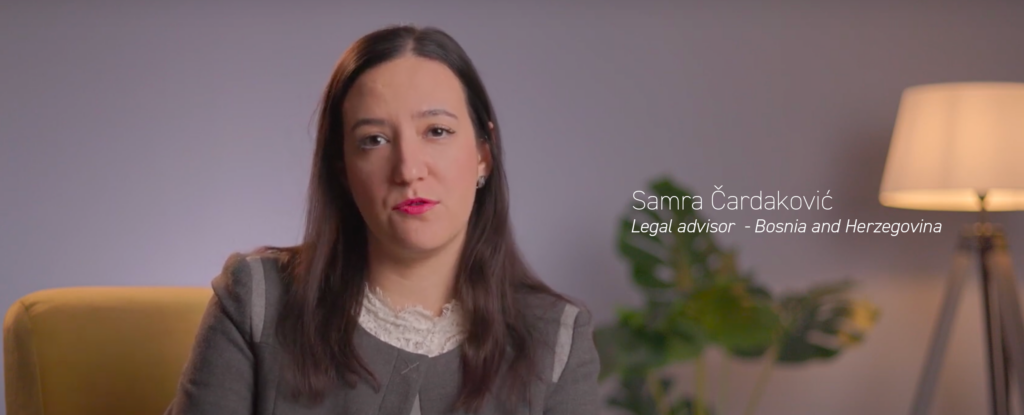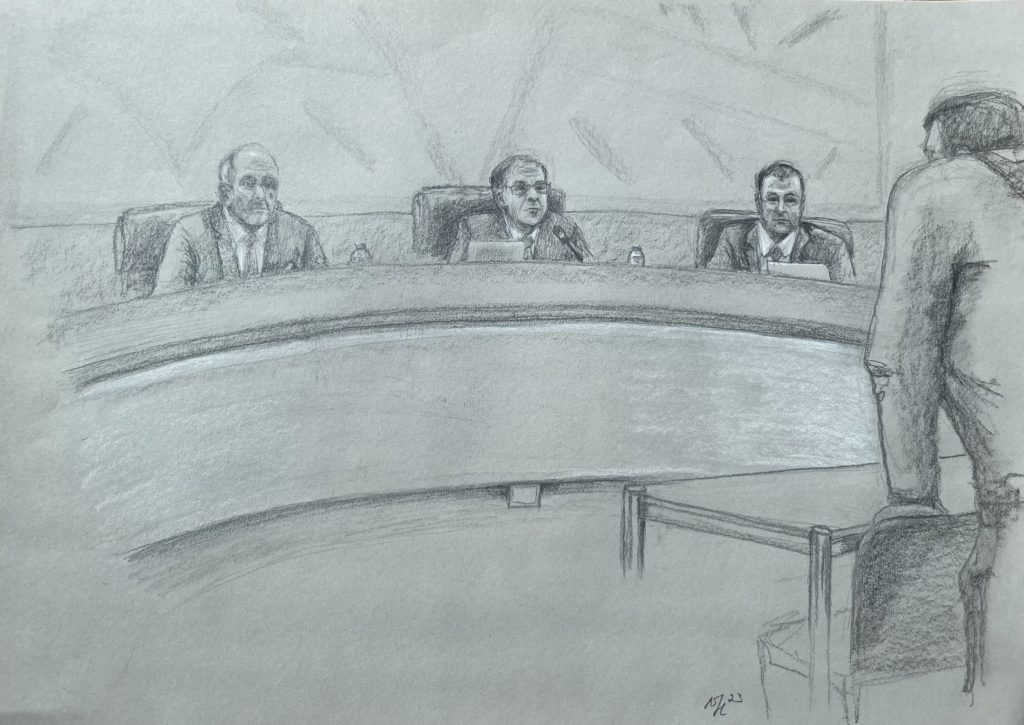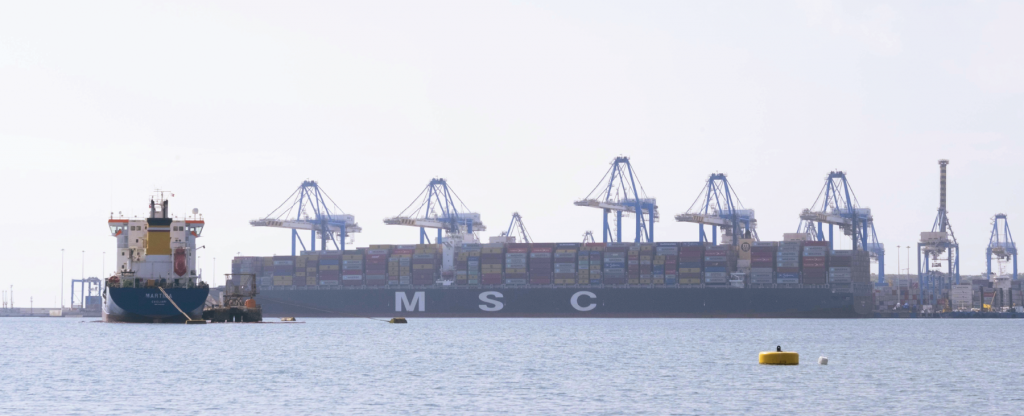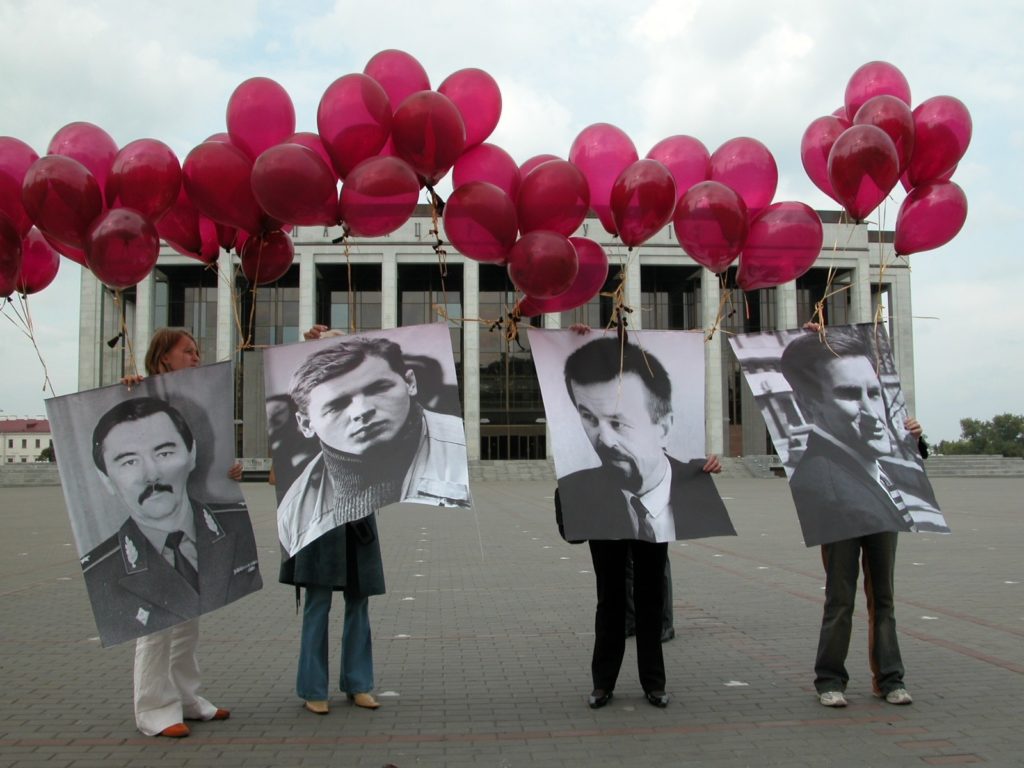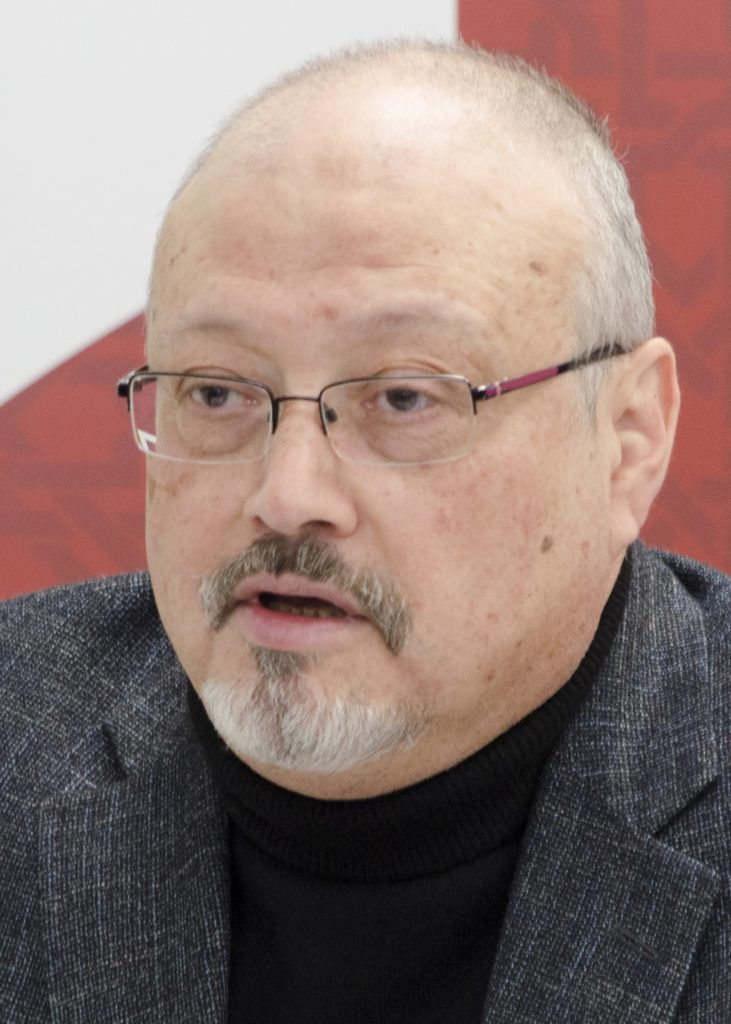Enforced Disappearance of Kamel Djebrouni: inquiry botched in 2 days
Introduction
In February 2008, TRIAL submitted an individual communication to the Human Rights Committee on behalf of Fatma Zohra Berzig, a widow acting on behalf of her son, Kamel Djebrouni. The latter was kidnapped in Algiers during the night of 19-20 November 1994 and has never been seen since. His disappearance took place within the context of thousands of other disappearances which took place at the hands of the army and various security forces in the country between 1992 and 1998.
Kamel Djebrouni was abducted from his home by a group of soldiers in the presence of his mother and his brothers. Since his arrest, his family has been unable to trace his whereabouts or to have any information concerning his fate despite significant efforts on their part. The only information available was from a former detainee, whom the family were unable to question directly, who said that he saw him in an unidentified detention centre at the beginning of 1995.
Nevertheless, Mr. Djebrouni’s close relatives had already made enquiries to all of the relevant state institutions about his fate. Immediately after his abduction, his brother went to the police station in the 8th arrondissment of Algiers. However, the police officers were unable to provide any information concerning his brother and simply advised him to await his release after the end of the legal limit of police custody.
As a first step, Djebrouni’s family addressed their enquiries to the police and the various different courts in Algiers, in order to determine if he had been brought before a prosecutor. They then requested the National Human Rights Observatory (NHRO) to initiate inquiries with a view to finding the whereabouts of Kamel Djebrouni.
It was only four years after this, and after being prompted on several occasions by the family, that the gendarmerie summoned them to give testimony. Scarcely two days later was the enquiry brought to a close with no new information being brought forward to allow the victim to be located. After several months the NHRO reported back to the family its conclusion which was essentially that Kamel Djebrouni had not been arrested, for the simple reason that there was no official arrest warrant issued against him.
With help from a well known NGO, the family took their case to the Working Group on Enforced and Involuntary Disappearances. This special procedure also did not help to solve the situation with respect to Mr. Djebrouni, given that the State did not take the trouble to reply to the questions addressed to it.
To make matters worse, with the promulgation in February 2006 of Regulation No 6/01 concerning the implementation of the Charter for Peace and National Reconciliation, the family were confronted with a legal ban on bringing its case before the courts at the risk of incurring a prison term if they did so. In any case, all Algerian courts would be bound to declare such a case as inadmissible.
The Communication recently submitted asks the Human Rights Committee to recognise that Kamel Djebrouni has been a victim of a forced disappearance, a crime which infringes the most fundamental of those rights guaranteed by the International Covenant on Civil and Political Rights (ICCPR). The plaintiff requests that violations of articles 2 § 3, 6 § 1, 7, 9 1, § 2, § 3 and § 4, 10 § 1 and 16 of the ICCPR against Kamel Djebrouni be recognised, as well as violations of articles 2 § 3 and 7 of the ICCPR against the plaintiff as a result of the psychological suffering she has endured over the many years of uncertainty concerning the fate of her son.
General Context
According to several sources, from 7,000 to 20,000 individuals have gone missing after having been arrested or abducted by the various different Algerian security services as well as by government armed militias between 1992 and 1998.
Until today, none of the families having victims of enforced disappearances have received any information concerning the fate of their loved ones. No investigations have been opened up as a result of complaints they have lodged or other procedures taken. Despite the fact that the perpetrators of the crimes and those behind them are well known, no one has been put under investigation or been prosecuted.
The decision
In December 2011, the Human Rights Committee communicated its decision (called “views” in the UN language).
The Committee held that Algeria violated Articles 6 § 1, 7, 9, 10 § 1 and 16 of the International Covenant on Civil and Political Rights, taken alone and in conjunction with Article 2 § 3 of the Covenant with regards to the victim.
The Committee also held that Algeria violated Article 7 of the ICCPR, taken alone and in conjunction with Article 2 § 3, with regards to the victim’s mother.
The Committee requested Algeria to “conduct a deep and rigorous investigation into the disappearance of Kamel Djebrouni”, to “furnish his family with detailed information concerning the results of its investigation”, to free him immediately if he is still being secretly detained or, if he is deceased, to return his mortal remains to his family. Moreover, the Committee insisted on Algeria’s obligation to “indict, put on trial and punish those responsible for the violations committed”.
Algeria was also required to pay an adequate compensation to the mother of the victim for the violations endured.




